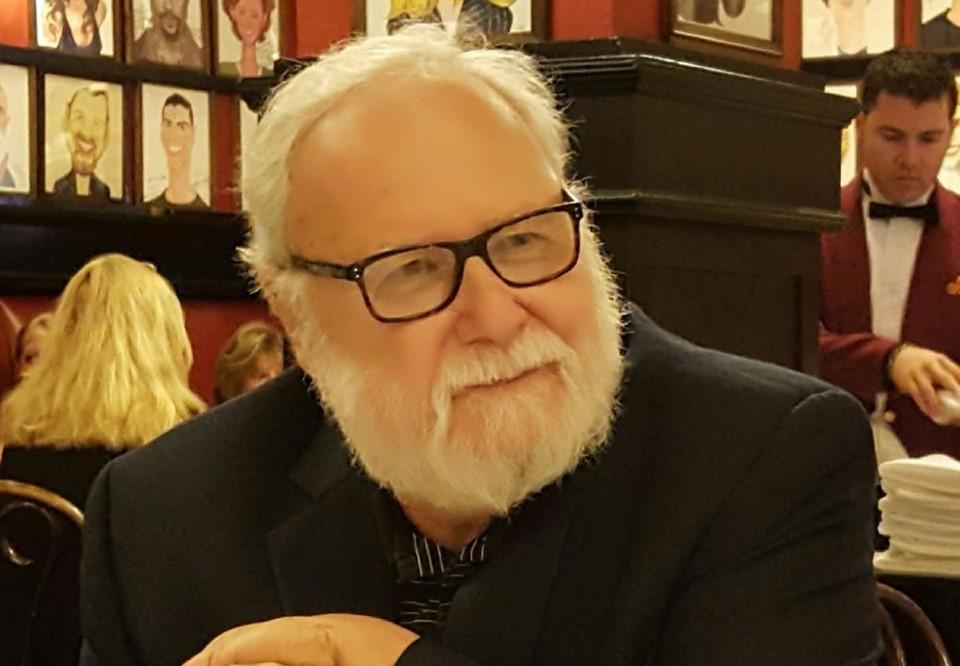I never called him Dick, never to others when he was absent and certainly never to his face. Even as our friendship stretched into my 40s, calling him by his first name never felt normal. I’m not sure I could have made the word come out of my mouth. Even when I saw him a few months ago, I greeted him as Mr. Willis.
We met when I was a lonely 16-year-old, full of all the intensity that characterizes that age but with a special interest in ideas and poems and stories. He was an energetic mid-career English teacher, legendary for his theatrical approach to education.

